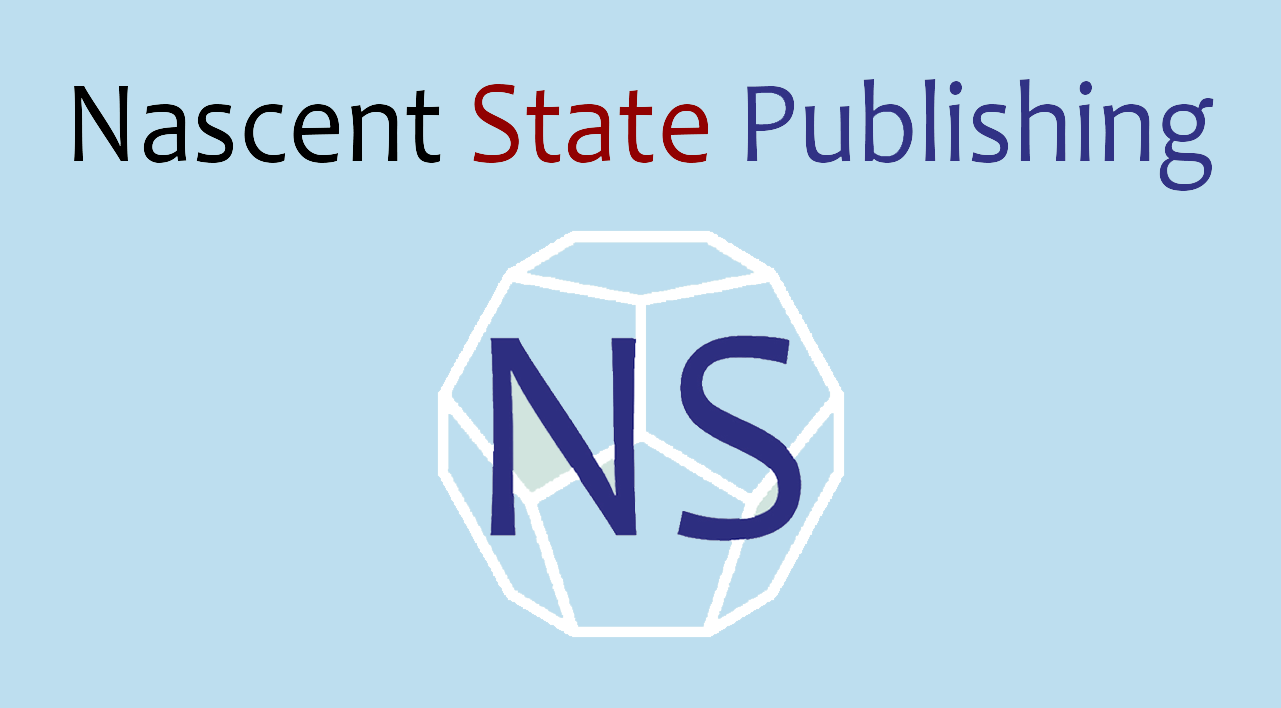On October 9, 1903, the New York Times published a frontpage editorial stating it would take “one to ten million years for humanity to develop an operating flying machine”. Sixty-nine days later, the Wright brothers flew for four miles at Kitty Hawk, North Carolina. The future is one of the great unknowns. Logic takes what… Continue reading Prophesy
Posts
Symbolism
Just as logic has its methods, so too does intuition. One of these is the use of symbolic imagery. A symbolic image conveys a message, but the meaning is not obvious. It is as though the image is a deliberate enigma, and we must decipher it to understand the message. Much in life is an… Continue reading Symbolism
The Human Robot
Physics is the application of logic and mathematics to nature. The approach works because the laws of physics are the same, irrespective of time and place. This has created the technology we have. The success of logic in physics led to it being applied to the inner life and gave rise to the idea of… Continue reading The Human Robot
The Hidden
If you see the black arrows, you might miss the white arrows. We see the obvious well enough, but we only see the unobvious when our attention has been drawn to it. Our attention can be drawn by others, by events, or by our own intuition. There is much in life which is unobvious. People… Continue reading The Hidden
Perception
The red dot does not lean left. The above graphic does not deceive; it merely draws our attention to the way a context can affect our perception. If we are starving, plain bread can seem like a feast. If we are in solitary confinement, a prison guard can seem like a friend. Everything has a… Continue reading Perception
Intuition & Logic
It might seem absurd to say it, but within a handful of years, a new ‘anti-tech’ movement will emerge. The new movement, when it emerges, will be held with the fervour of a religion, and will divide those in favour of technology, from those against it. It present, technology is regarded as a universal ‘good’.… Continue reading Intuition & Logic
Intuition and Sufism
In Sufism, there is a method of teaching known as ‘scatter’. This means that its principle ideas are conveyed, quite deliberately, by indirect and apparently absurd means. From a logical point of view, this is unnecessary and misleading. From an intuitive point of view, this makes perfect sense. Such is the influence of logic that,… Continue reading Intuition and Sufism
Paradigms
Japanese woodblock prints of the Edo period (1603 – 1868) did not portray shadows. This is because the artists did not regard shadows as real and saw no reason to depict them. A paradigm is a shared way of looking at the world. We live in an age dominated by logic, and the principles of… Continue reading Paradigms
Inspiration
Where do new ideas come from? Logic is under our control – indeed, the purpose of logic is to govern our thought processes – but inspired ideas arrive whole, and instantly, and are more like a gift than a laboured product. I have had three songs come to me in dreams. This is not a… Continue reading Inspiration
Enigmas
What is an enigma? In 809 AD, the Arab ruler, Harun al-Rashid, presented a peace offering to Charlemagne, the Holy Roman emperor. The peace offering was an elaborate water clock. At noon a weight dropped, bells sounded, and twelve brass horsemen emerged from twelve windows. Charlemagne did not understand what the clock was for, and… Continue reading Enigmas
